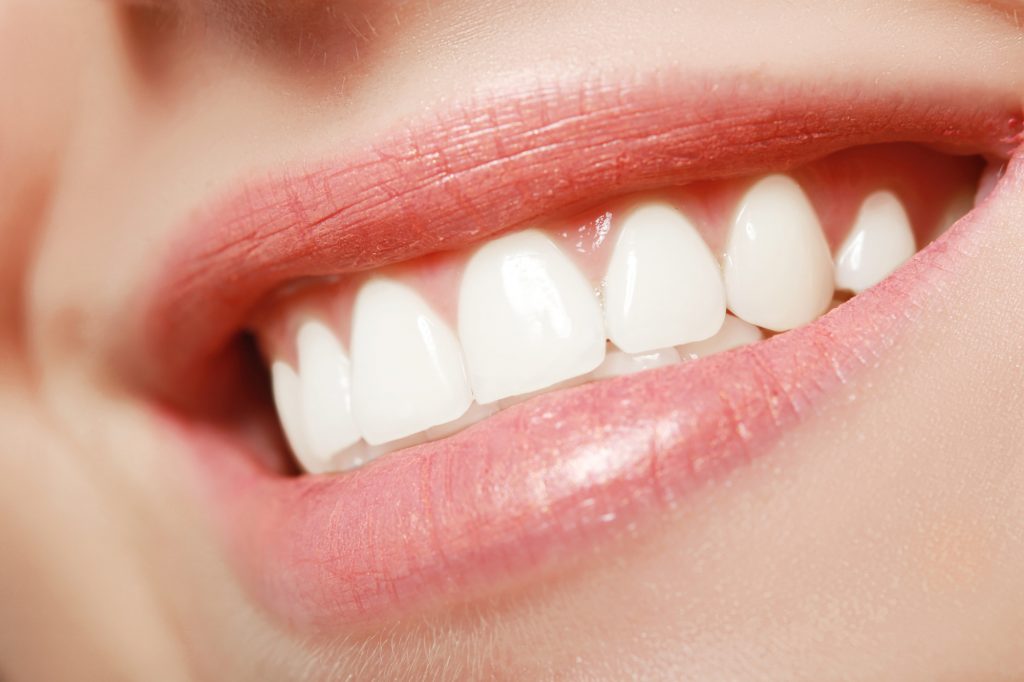Did you know that a full quarter of all adults over 65 have eight or fewer teeth? A lack of teeth severely impacts your ability to eat a range of healthy foods and can even affect your confidence in social situations. Ultimately, tooth loss can hurt your physical health and reduce your quality of life.
If you’ve still got a full mouth of healthy chompers, now is the time to make some changes and ensure you’ll have healthy teeth and gums for life. You deserve to feel good as you age, and the world wants to see your beautiful smile. You don’t need perfect teeth to reap the health-related advantages of positive oral hygiene habits.
We’ve created this list of 8 tried-and-true tips for caring for your teeth without going to the dentist. Read on to discover the new habit that may help preserve your grin for decades.
1. Brush Correctly
Most adults learn to brush their teeth as children, and those techniques become a habit. When was the last time you paused and considered whether you were brushing your teeth correctly?
Now is also an excellent time to audit your toothbrush and toothpaste. Dentists recommend replacing your toothbrush every three months to prevent bristles from breaking down and becoming ineffective. You might also choose a toothpaste with teeth whitening properties to improve the aesthetics of your smile.
2. Actually Try Flossing
When the dentist asks, everyone lies and says they floss daily. According to a survey in Dentristry Today, 58% of people don’t floss at all. If you’ve been lying, consider making daily or weekly flossing your new year’s resolution.
Flossing removes plaque and food from between your teeth, preventing gingivitis and improving overall gum health. A simple waxed dental floss is effective for most people. If your teeth are close together, you might prefer unwaxed floss instead.
3. Skip the Soda
Sugar loves to stick around. Whether you drink soda all day long or chew gum, you’re inviting sugar to linger and wreak havoc in your mouth. This extra sugar increases your risk of tooth decay and cavities.
If you have a sweet tooth, there are things you can do to reduce the potential for damage. Consider rinsing your mouth with water after chewing gum, eating sweets, or drinking soda. A quick rinse can keep bacteria away from your gums and teeth.
4. Consider Mouthwash
There is a misconception that mouthwash is only helpful in preventing bad breath and that most people don’t need it. In reality, mouthwash fights the underlying causes of bad breath, such as gingivitis, tooth decay, and plaque. It even kills bacteria that can make you sick.
For an added benefit, choose a mouthwash with fluoride. This substance can help remineralize and reinforce your teeth.
Does mouthwash hurt your cheeks or gums? Choose a low-alcohol or alcohol-free formula if you have trouble with a burning sensation. You can also select a flavor other than peppermint, which can cause discomfort.
5. Don’t Ignore Tooth Pain
If you feel discomfort, don’t wait to see the dentist. Poor dental hygiene leads to poor physical health. A single cavity can lead to severe complications like brain or cardiac infections.
If you’re nervous about the dentist, consider seeing a sedation dentist or cosmetic dentist. These professionals are capable of performing various procedures in a single sitting. Taking care of dental problems is easier when you know you only need to get through one visit.
6. Reduce Vices
Many vices that are bad for your physical health can also lead to poor oral health. These include cigarettes, alcohol, vaping, and excessive coffee or tea consumption. They contribute to poor oral aesthetics, such as discoloration, and can hasten tooth decay.
We understand that breaking habits can be as tricky as forming new ones. Consider replacing these things with healthier alternatives. We promise you’ll feel better as your overall health improves.
7. Your Tongue Matters
Bacteria love your tongue. They linger there and multiply, especially while you sleep. That’s part of why you wake up with “morning breath,” even if you brushed your teeth the night before.
Make an effort to brush your tongue at least once daily to eliminate some lurking bacteria. Tongue bacteria can transfer your teeth as you sleep, leading to tooth decay and cavities.
Some people resist brushing their tongues because it triggers their gag reflex. You might consider using a tongue scraper instead of a toothbrush. These curved devices accomplish the same task while eliminating that nauseous sensation.
8. Hydrate, Hydrate, Hydrate
Your mouth is a hotbed for bacteria, and your job is to make it a less pleasant place for these microscopic terrors to thrive. One of the simplest ways to get rid of mouth bacteria is to drink lots of water, especially before bedtime.
Bacteria love a dry mouth, so don’t give them a chance to get comfy. Luckily, drinking water also helps reduce the amount of acid clinging to your teeth. Plus, hydration can boost your overall physical health.
You’re a Habit Away From Healthy Teeth and Gums
It can be hard to build new habits, but a bright, friendly smile is worth the strife. Each of these tips has the power to transform the way you engage with the world around you. Healthy teeth and gums might be your gateway to better health and stronger interpersonal relationships.
While you’re forming new habits, get into the habit of browsing the rest of the blog. You’ll find more lifestyle tips, including suggestions for how to put that sterling smile to good use. Take a look at our recent posts to get started.
